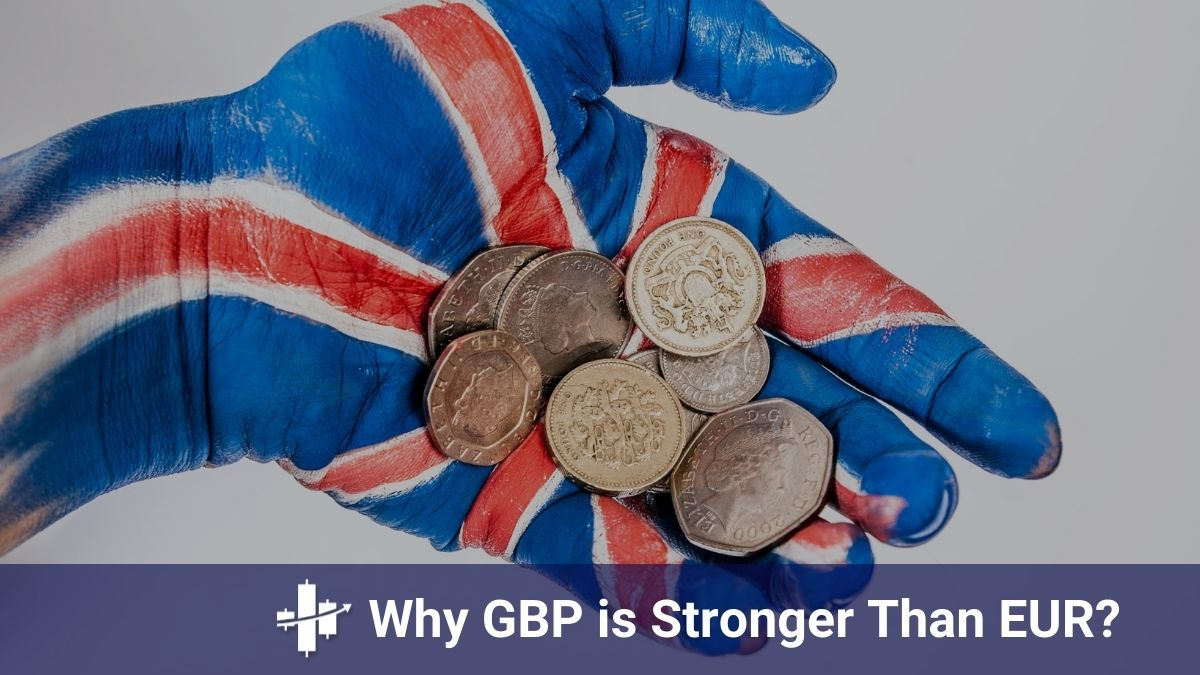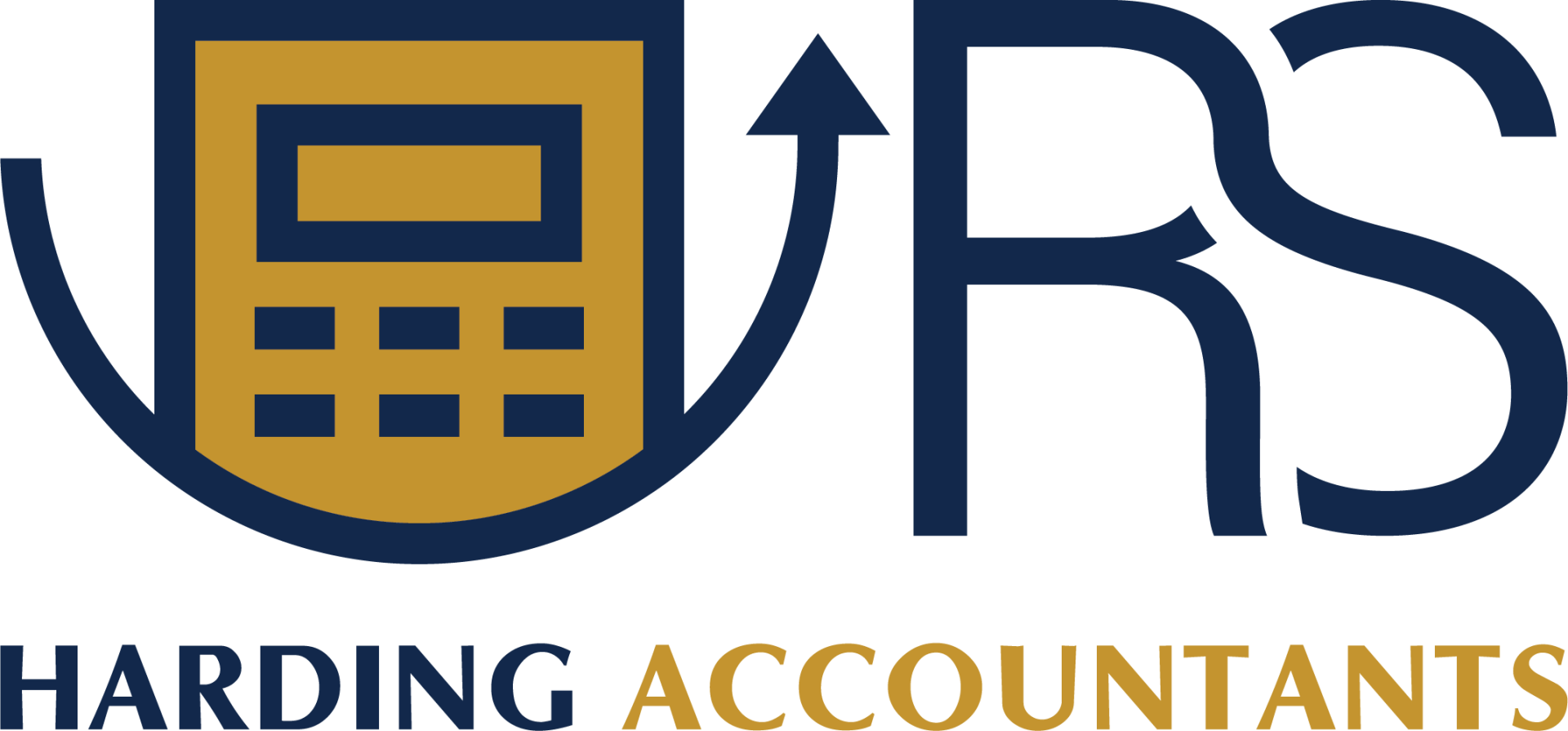BREXIT VAT Changes from 1st January 2021
Brexit changes for business and where to find help

In just weeks the Brexit transition period ends. If you do business with EU countries there’s a stack of information you need to take on board. We’ve put together links to the official sites where you can find the latest information relevant to your situation.
VAT and exporting goods to the EU. Assuming no last-minute arrangements are agreed, the UK stops following EU rules on VAT from 1 January 2021. There will be two sets of VAT rules to contend with when exporting to the EU: those goods leaving the UK and those in the EU country where the goods will arrive. EU countries will treat goods coming from the UK as they do goods coming from non-EU countries currently. To find out about GB to EU exports and, for example, the position on VAT zero rating, visit https://www.gov.uk/prepare-to-export-from-great-britain-from-january-2021 .
Postponed VAT accounting (PVA). Currently you must pay VAT on goods you import when they enter the UK. HMRC will not release them before the VAT is paid. If you’re VAT registered you can then reclaim the VAT according to the usual rules. To prevent this delay in getting the VAT back you will be able to use PVA. This will allow you to declare the import VAT and reclaim it on the same VAT return. It won’t just apply to imports from the EU. From 1 January PVA can be used to account for VAT on goods imported from anywhere in the world. For more information, visit https://tinyurl.com/y3l2qk6a . For how you complete a VAT return with PVA, visit https://tinyurl.com/y2c45jzs .
VAT on imported goods value up to £135. With effect from 1 January “low value consignment relief” which applies to imported goods with a value of £15 or less will be abolished. Instead, VAT on imported goods valued at £135 or less must be accounted for when you sell them. For details of the changes, visit https://tinyurl.com/y4dzazuj .
Distance selling. Currently there are simplified rules for online and distance selling where your customer is in the EU. This is where you sell goods or services via digital, mail order, phone or text message. From 1 January 2021 you may need to register for VAT in the EU countries to which you distance sell. For information about the change, visit https://tinyurl.com/yxb5obmf .
EU VAT registrations. There aren’t just UK rules to think about from 1 January 2021. You have to consider EU rules too. As mentioned already, this might require you to register for VAT in EU countries where you have customers. In some EU countries where you register for VAT, you also need a VAT representative (someone local who’ll be responsible for following the VAT rules) in the country you’re exporting to. For more information, visit https://tinyurl.com/ybt6lr3x .
Selling digital services to EU consumers. If you sell digital products, e.g. books or software, to customers in the EU you’ve probably used the UK VAT mini one stop shop (MOSS) to account for VAT. If so, you’ll be deregistered from UK MOSS from 1 January 2021. You may instead be able to register for MOSS in an EU country. For more information, visit https://tinyurl.com/y5wmxchx and https://tinyurl.com/y4jvjdoa .
VAT refunds from EU countries. Currently where you pay VAT on goods and services while visiting an EU country, e.g. a hotel bill, you can reclaim it via HMRC’s EU refund portal. This service will close on 31 March 2021 for VAT incurred on or after 1 January 2021. For information on the position where you incur VAT after that date, visit https://tinyurl.com/y4jvjdoa .
Customs and imports. In addition to VAT, importing goods from an EU country will involve new customs declarations, duties and tariffs. To find out about the rules, visit https://tinyurl.com/yyp8p8wl .
Northern Ireland (NI). Post-Brexit rules for doing business with NI will be especially tricky. NI will continue to follow EU VAT rules (for goods) but will remain as part of the UK for other VAT purposes. For VAT information on what steps you need to take in transactions with NI, visit https://tinyurl.com/y5f478kd and https://tinyurl.com/y6p4rewc . The Trader Support Service also provides useful guidance about the new NI customs rules at https://www.gov.uk/guidance/trader-support-service .











